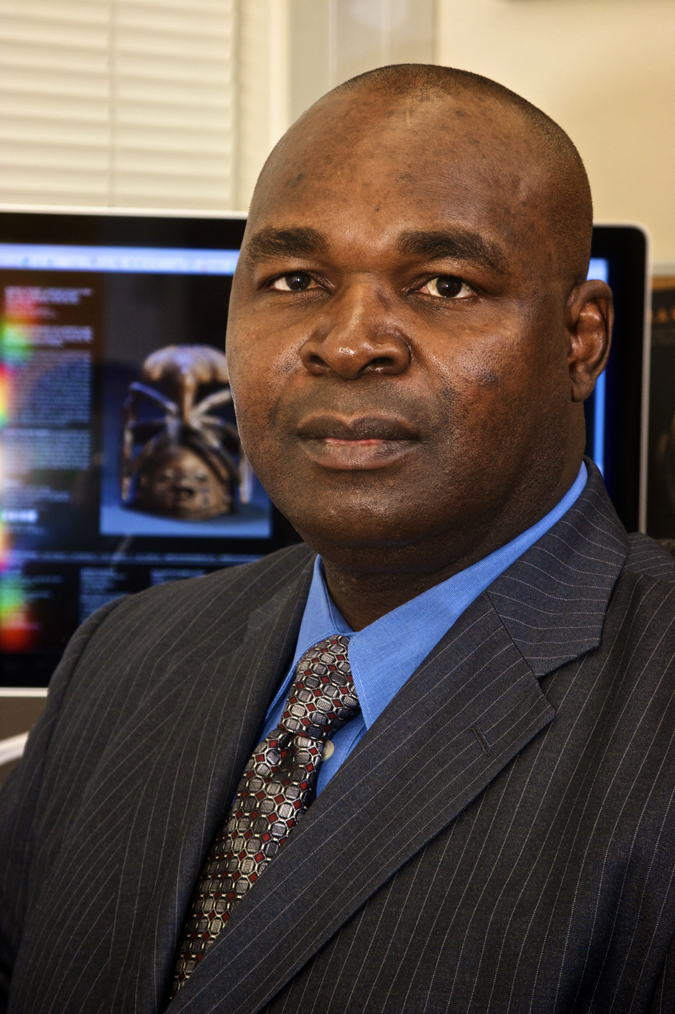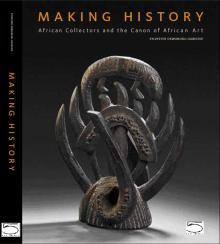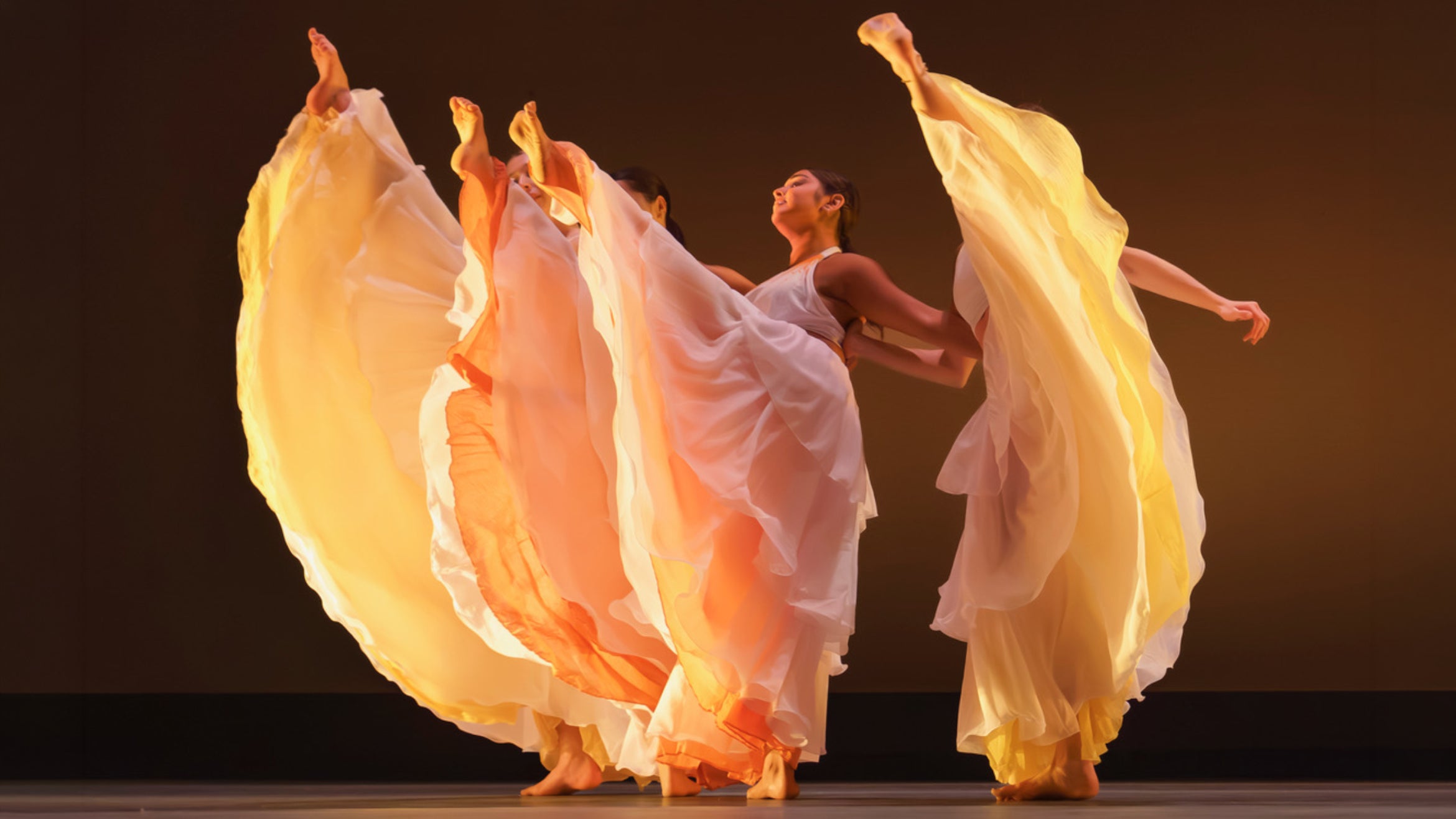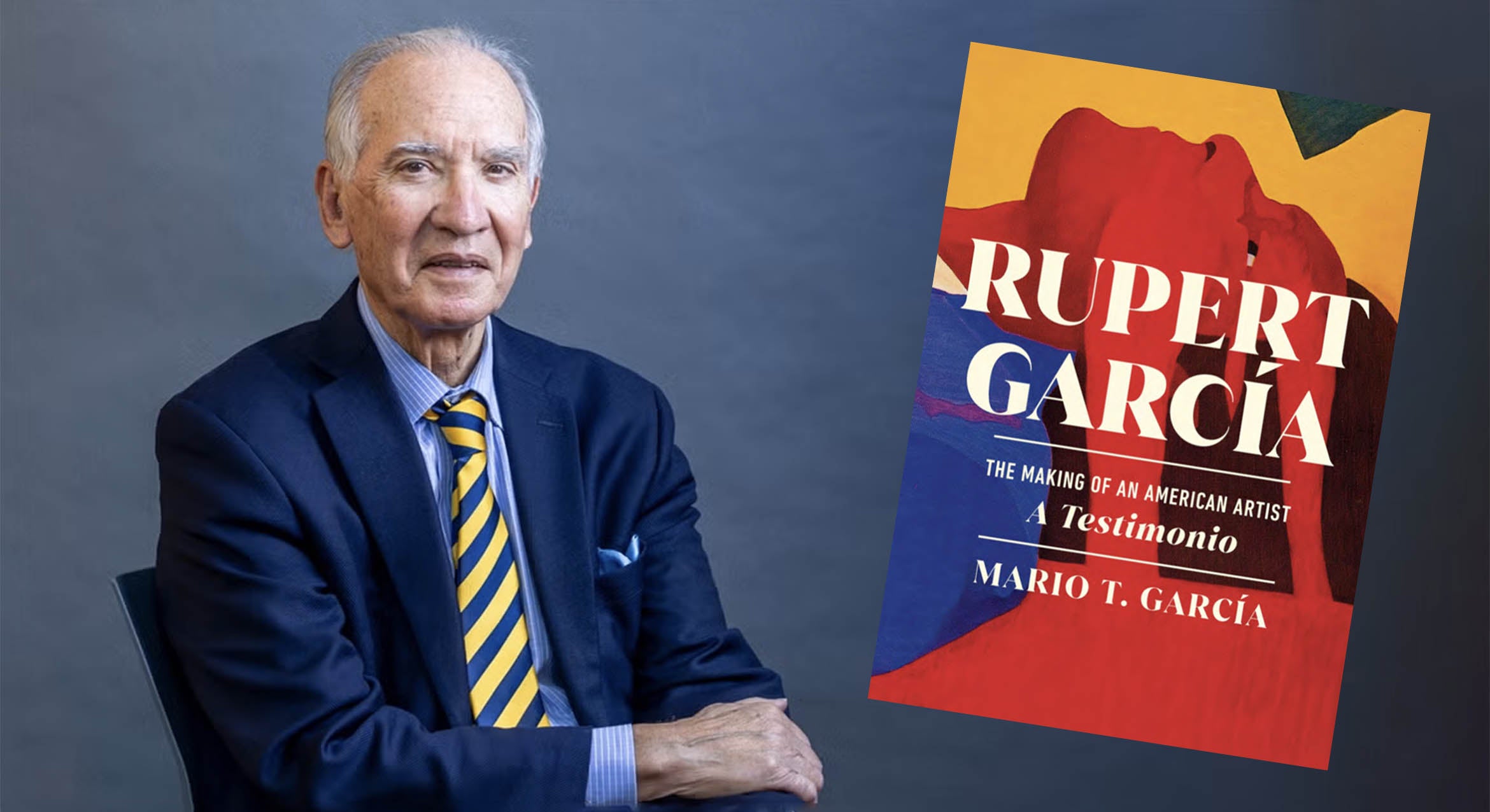
New Book by UCSB Art Historian is the First to Catalog Indigenous African Art Owned by an African Collector

With a new book that formalizes and interprets a collection of indigenous African art owned by an African collector, Sylvester Okwunodu Ogbechie, a professor of history of art and architecture at UC Santa Barbara, is changing the way African art is regarded and valued.
In "Making History: African Collectors and the Canon of African Art" (Milan: 5 Continents Editions, 2012 distributed by Harry N. Abrams, Inc.), Ogbechie catalogs the private collection owned by Femi Akinsanya. Located in Lagos, Nigeria, the collection features 740 pieces, including artworks that originated in Yoruba, Igbo, Urhobo, Cross River, Benin, and the Benue River Valley cultures of Nigeria. The book is published in English and French editions.
"There is a sense in which the idea of African art seems to be restricted to those African artworks that were taken out of the continent during the colonial period," Ogbechie explained. "When people talk about authentic African art, that's what they're referring to –– artworks that are held by Western collectors and museums. Anything that's owned or held by Africans themselves is considered to be a fake."
According to Ogbechie, the protocols of authenticating artworks as original have less to do with the history of the works in their indigenous contexts, than with their provenance –– the documentation of the works after they have become part of a collection. Publishing a book like "Making History" is the first step in elevating African artworks held by African collectors from generic objects to works of art that have measurable economic value.
"Someone in Africa could have a piece that belonged to a society that used it as an object of initiation. It has indigenous value, but until it becomes part of someone's collection, it has no financial value," Ogbechie continued. "The collector is important to the process of creating value."
Creating that value can be something of a catch-22. The value is very much based on where the African artworks have been published and exhibited, but museums are disinclined to show artworks from African-owned collections because they have no provenance. They haven't been exhibited in any Western museums. "Even if I can trace the history of an artwork with absolute certainty, the museums will refuse to show it because there is no evidence of it having been previously exhibited elsewhere," Ogbechie said. "But if I sell it to a white collector and then he publishes it in a book like ‘Making History,' a few years later it's worth hundreds of thousands of dollars."
Ogbechie sees this issue as part of a broad international process that essentially makes anything that has to do with Africans or blacks valueless in the global market; and the equity value of African cultural production goes to white collectors. "Not a dime of that money goes to the original African owner, or to the descendants of the original producers of the object."
The book is important in terms of the fact that it redirects the way African art is perceived, Ogbechie noted. "The photographer is the best in Lagos, the collection is in Nigeria, and the book was printed in Milan," he said. "Everything about it has been done to defeat the idea that Africans are not interested in their own cultural heritage, and that an African artwork doesn't have value until it is exported or held in a Western collection or in a Western museum."
A specialist in classical, modern, and contemporary African and African Diaspora arts, Ogbechie is also the author of the book, "Ben Enwonwu: The Making of an African Modernist." Recipient of the 2009 Melville Herskovits Prize for the best scholarly publication in African Studies, it is the first significant biography published about the modern African artist who produced a sculpture for Queen Elizabeth II, and whose artworks have been exhibited alongside those of Pablo Picasso and other prominent modernists.
Ogbechie, who came to UCSB in 2001, received his master's degree from the University of Nigeria and his doctoral degree from Northwestern University. His research evaluates alternative modernities, and the colonial and postcolonial conventions of representation in the arts and visual cultures of African and African Diaspora peoples. Ogbechie is also founder and director of Aachron Knowledge Systems, through which he investigates the equity value of African art in the global context. His articles and reviews have appeared in African Arts, Arts Journal, Nka: Journal of Contemporary African Art, Revue Noire, Ijele, Farafina, and several important art history anthologies.
Related Links



